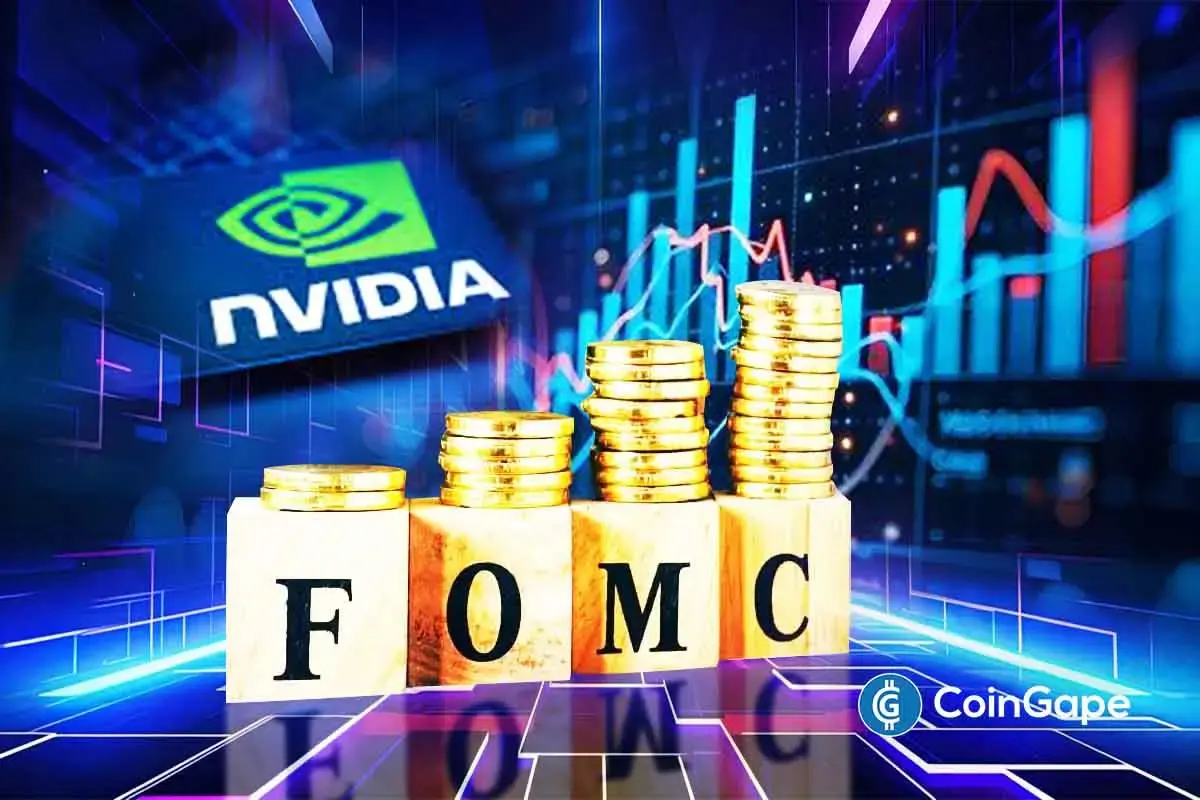AI News: Intel To Smash NVIDIA Dominance With High-Tech Chip Gaudi 3

Highlights
- Intel has introduced its latest AI Chip dubbed Gaudi 3
- The chips were launched to combat NVIDIA's recent dominance
- AI war is heating up and chips are a crucial battling arena for tech companies
NVIDIA’s dominance in the Artificial Intelligence (AI) ecosystem is on the line as American multinational corporation and technology company Intel Corp has unveiled its new AI chip.
Intel Lauds Gaudi 3’s Capabilities Over NVIDIA’s Alternative
During its Vision event on April 9, Intel announced the coming launch of its semiconductor called Gaudi 3. Markedly, the launch of this product comes amidst a rave amongst chipmakers to roll out chips that can train and deploy big AI models. Gaudi 3 is tagged a major threat to NVIDIA considering the capabilities that its developers are touting.
According to Intel, the new Gaudi 3 chip is more than twice as power-efficient as NVIDIA’s H100 GPU and can run AI models one-and-a-half times faster than the same. It is a collage of different configurations like a bundle of eight Gaudi 3 chips on one motherboard or a card that can slot into existing systems.
Intel Vice President of Strategy and Product Management Jeni Barovian said;
“Our customers, first and foremost, are asking for choice in the industry. They are coming to us and they are expecting that Intel, as a computing leader, will follow the wave of (generative AI) and deliver solutions that meet their needs. And they are looking for an open approach.”
NVIDIA’s Dominance Is at Risk
NVIDIA controls as much as 83% of the AI chip landscape and this is a threat to many technology companies like Google, Intel, and QualCOMM. The AI-focused company recently offered key insights into a new chip called Blackwell AI superchip that it plans to launch. With all of the success that the company has recorded in the last few months, many of these threatened entities have been pushing to end NVIDIA’s dominance in the industry.
Google, Intel, and QualCOMM plan on allying under the umbrella of the UXL Foundation to jointly create alternative software that will see the powers wrestled down from NVIDIA AI. Precisely, this new software will be designed in such a way that it can power different types of AI accelerator chips. They plan to leverage OneAPI, an initial software previously created by Intel.
Goldman Sachs asset managers are equally seeking AI chipmakers in emerging markets with promising futures like NVIDIA. Drawing on the trend and the race in the AI sector, more companies are likely to spring up to contest NVIDIA’s dominance in the coming days.
- U.S. CPI Release: Wall Street Predicts Soft Inflation Reading as Crypto Market Holds Steady
- Bhutan Government Cuts Bitcoin Holdings as Standard Chartered Predicts BTC Price Crash To $50k
- XRP News: Binance Integrates Ripple’s RLUSD on XRPL After Ethereum Listing
- Breaking: SUI Price Rebounds 7% as Grayscale Amends S-1 for Sui ETF
- Bitget Targets 40% of Tokenized Stock Trading by 2030, Boosts TradFi with One-Click Access
- Cardano Price Prediction Ahead of Midnight Mainnet Launch
- Pi Network Price Prediction as Mainnet Upgrade Deadline Nears on Feb 15
- XRP Price Outlook Amid XRP Community Day 2026
- Ethereum Price at Risk of a 30% Crash as Futures Open Interest Dive During the Crypto Winter
- Ethereum Price Prediction Ahead of Roadmap Upgrades and Hegota Launch
- BTC Price Prediction Ahead of US Jobs Report, CPI Data and U.S. Government Shutdown


















